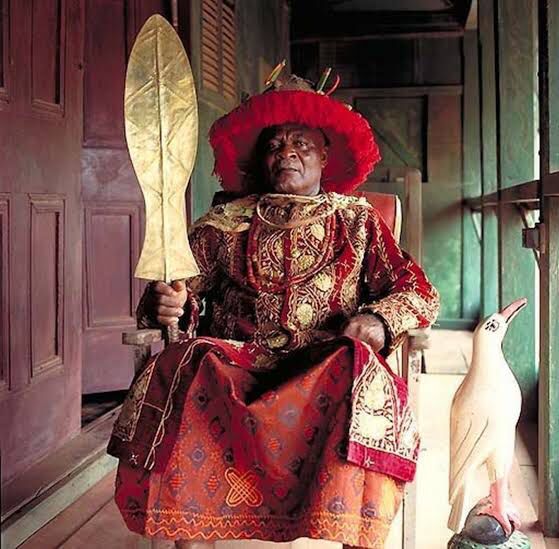Nnewi, a vibrant town in Igbo land, Nigeria, holds a rich history that deserves to be cherished and passed down to future generations.
Nnewi has a remarkable heritage that encompasses its founding, historical events, traditions, and achievements. Preserving this history allows younger generations to connect with their roots, fostering a sense of identity, pride, and belonging.
One effective way to preserve Nnewi’s history is through the art of storytelling. Elders can share tales of Nnewi’s past, passing down knowledge and wisdom to the younger generations. Encouraging storytelling sessions and creating platforms for intergenerational dialogue can bridge the gap between the old and the young.
To ensure the longevity of Nnewi’s history, it is essential to document and archive significant events, artifacts, and stories. Establishing a local museum or cultural center can serve as a repository for these valuable resources, making them accessible to both residents and visitors.
Integrating Nnewi’s history and culture into the school curriculum is crucial for educating the younger generations. By teaching about the town’s traditions, customs, and historical figures, students can develop a deeper appreciation for their heritage.
Organizing cultural events and festivals in Nnewi provides an opportunity to showcase and celebrate the town’s history. These events can include traditional dances, music performances, art exhibitions, and food fairs. Involving the younger generations in the planning and execution of these events fosters a sense of ownership and pride in their cultural heritage.
Embracing technology can help preserve Nnewi’s history in the digital age. Creating online platforms, social media pages, and websites dedicated to Nnewi’s culture can reach a wider audience and engage the younger generations. Sharing stories, photos, and videos online can spark interest and encourage further exploration of Nnewi’s rich history.





